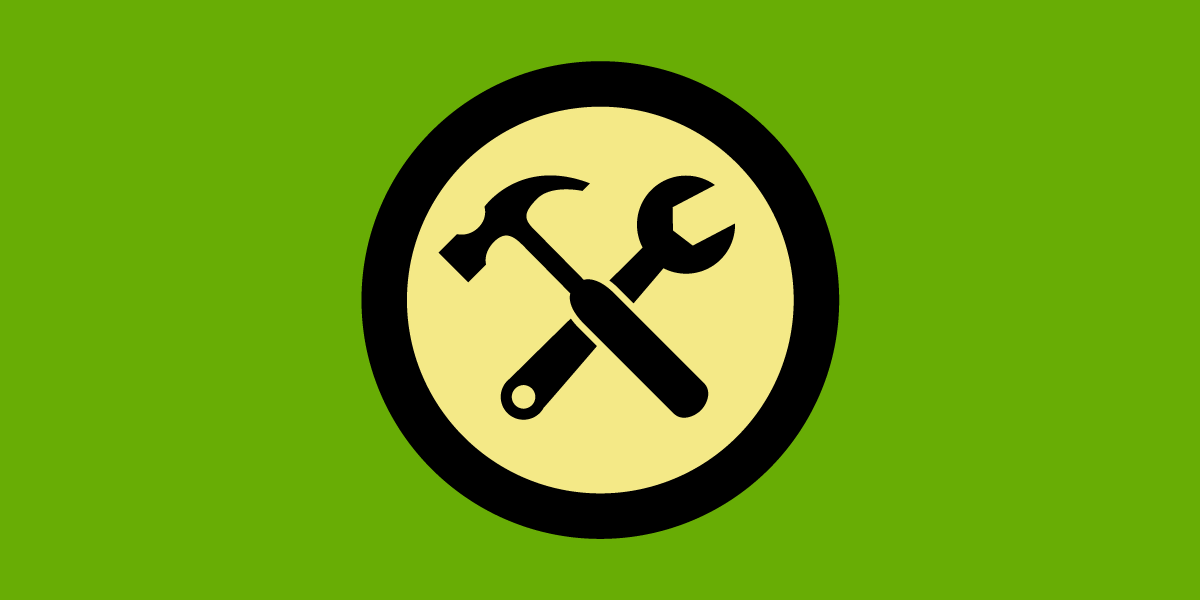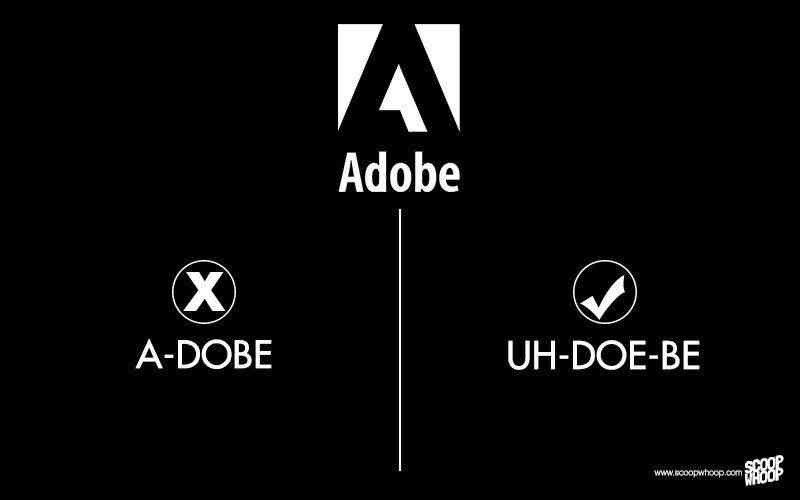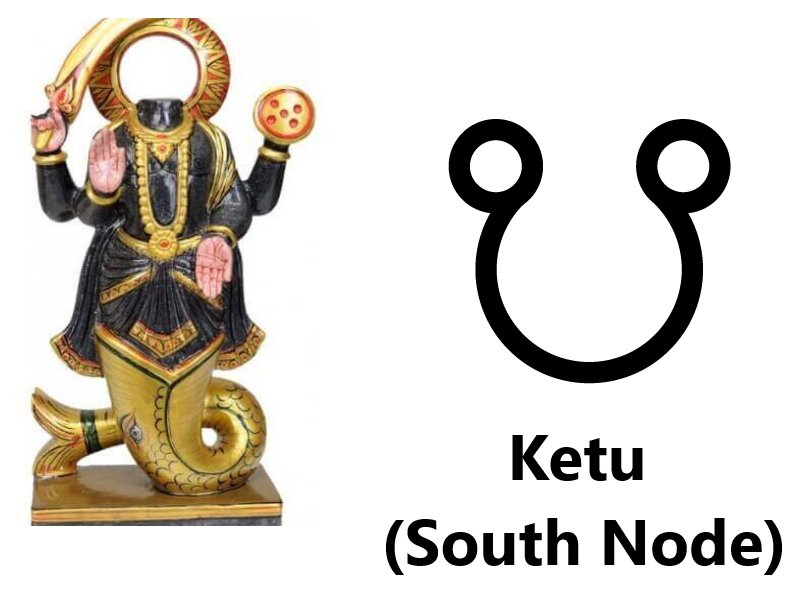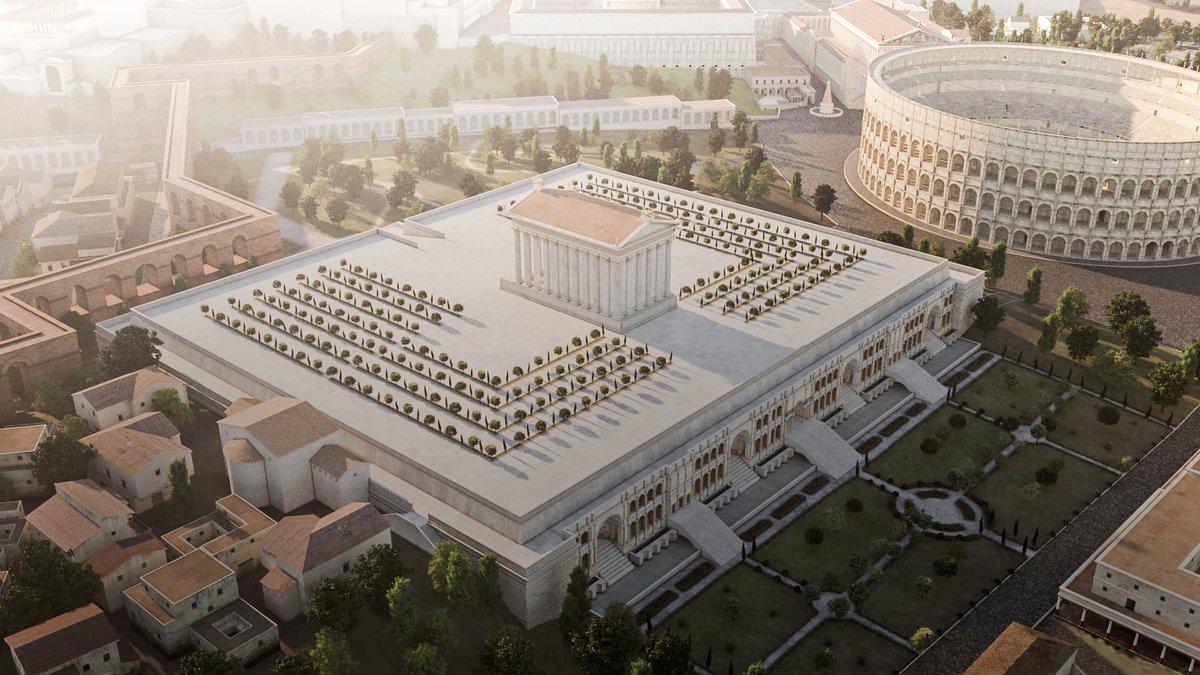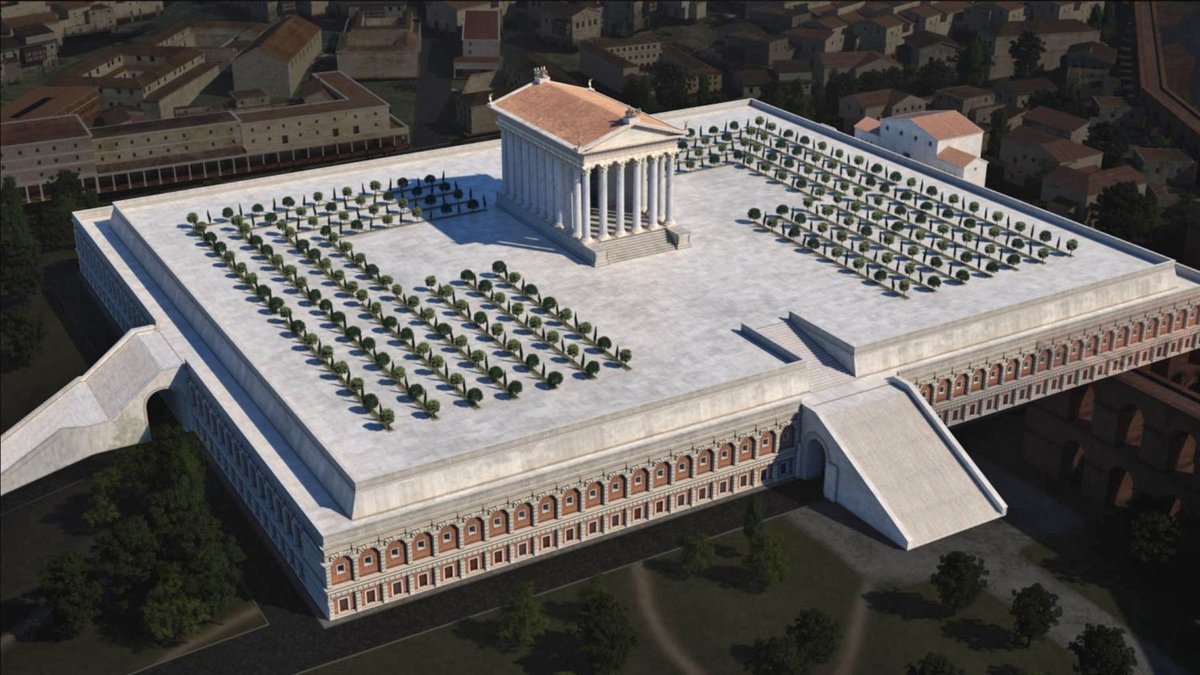After thinking on it over the weekend, I have a couple of thoughts about this panel (both a bit negative + a tad contrarian it seems, though maybe just among the 6 panelists):
What is the future of public opinion polling? Register for tomorrow\u2019s live panel of #polling, #media, and #surveyresearch experts as they discuss what we can and should expect from #publicopinionpolls. https://t.co/6YHlSinIez @pete_enns @doug_rivers @jennagiesta @pollcat pic.twitter.com/Ucq9rSsFkX
— Roper Center (@RoperCenter) January 20, 2021



